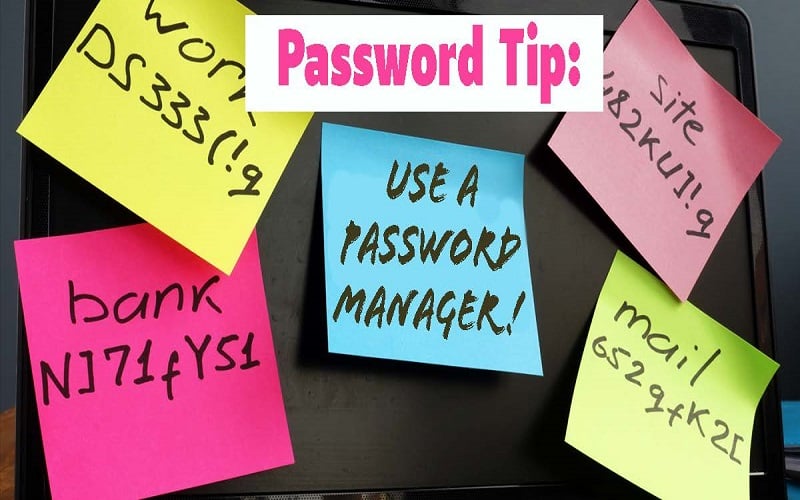 Cybercrime instances appear to have jumped sharply since the beginning of the coronavirus pandemic, according to the FBI. The bureau’s Internet Crime Complaint Center (IC3) reported last week that it’s now receiving between 3,000 and 4,000 cybersecurity complaints each day, up from the average 1,000 complaints per day the center saw before the pandemic.
Cybercrime instances appear to have jumped sharply since the beginning of the coronavirus pandemic, according to the FBI. The bureau’s Internet Crime Complaint Center (IC3) reported last week that it’s now receiving between 3,000 and 4,000 cybersecurity complaints each day, up from the average 1,000 complaints per day the center saw before the pandemic.
There are many types of threats, and many ways to stay more secure, but one simple thing is to use strong and unique passwords, facilitated by a password manager.
Can you memorize 50-80 different passwords? The average person may use 50-80 applications that require passwords (or more!). Each password should be strong and unique. A strong password contains uppercase and lowercase letters, with numbers, and symbols. The longer the password, the better. In addition, a different password should be used for every site you visit (banking, business applications, social media, etc). The problem is that the average person simply can't remember that much information, and what ends up happening is corners are cut. If one site gets breached and your password ends up on the Dark Web, if you use that same password ten different places, hackers can do "credential stuffing" to gain access to other accounts.
Beware of Social Media quizzes on line. Answering fun questions about your high school mascot, year of graduation, etc can also be used by hackers. If you rely on dates and places to compose your passwords, they may easily be cracked.
Get a Password Manager. With so much change pushed upon us suddenly, one simple thing you can do to gain control is to use a password manager. A password manager assists in generating and retrieving complex passwords, potentially storing such passwords in an encrypted database or calculating them on demand. This makes it easy to store passwords securely, and you'll be able to change passwords and "remember" them.
.png)